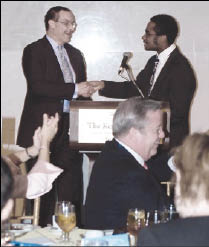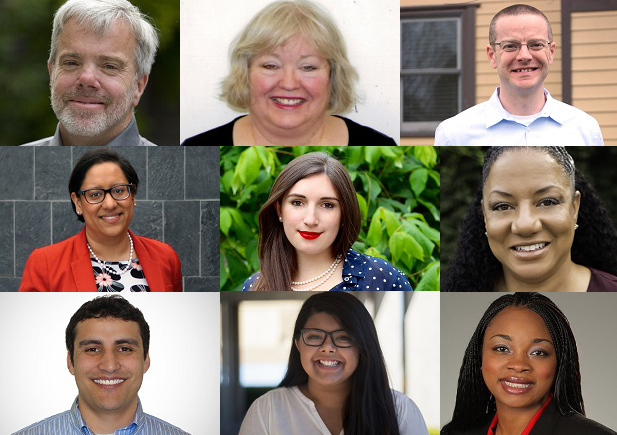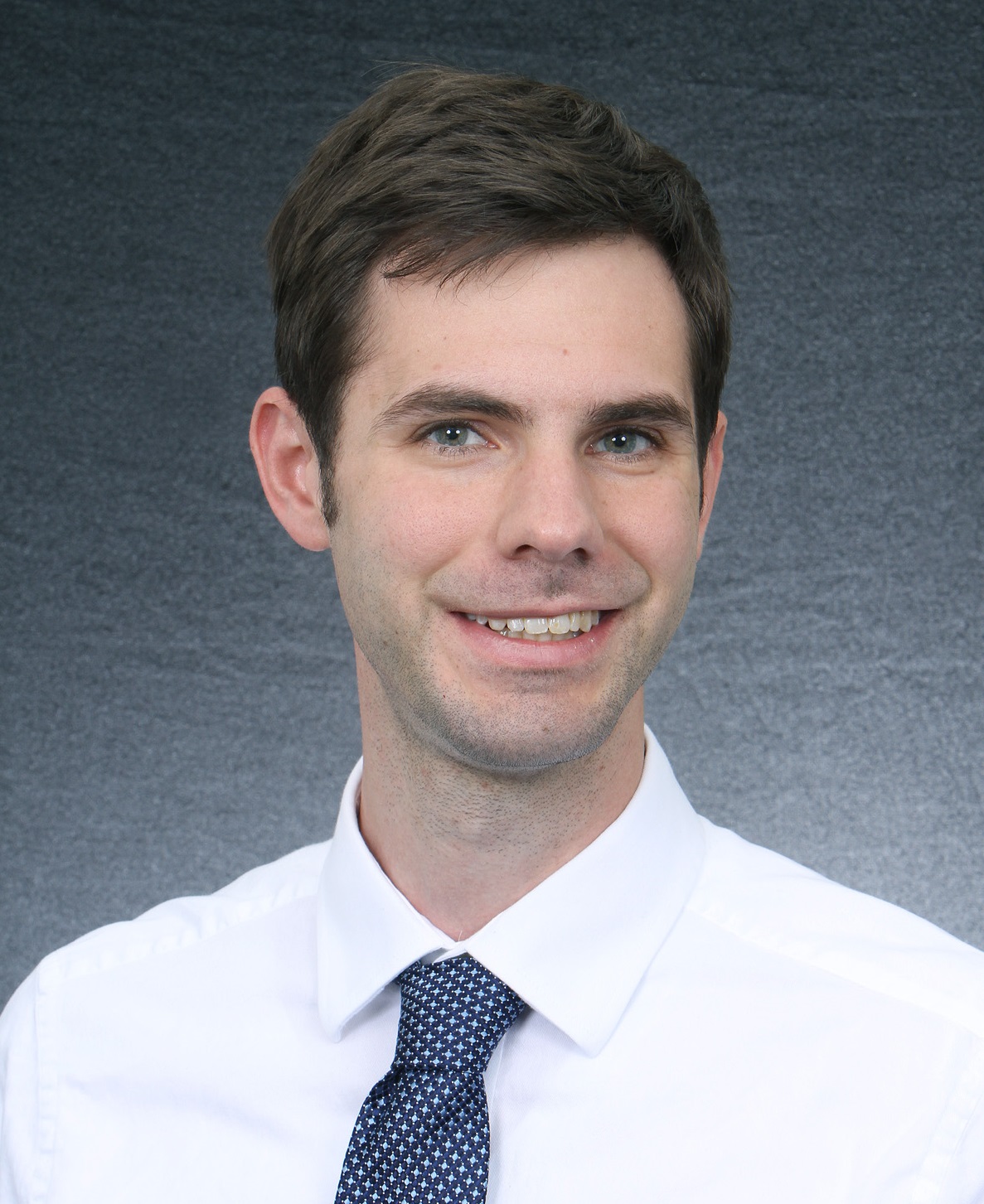 |
|
Rewarding: Washington City Council Chairman Vincent C. Gray (left) congratulates LEAP award recipient Cornelius Gaskins. The award, named after Gray, provides annual educational support to disabled city youths attending college. |
Washington, D.C.
(202) 454-1220
http://www.hscfoundation.org
Objective: Help disabled youth in the Washington, D.C., area in their transition to adulthood by providing them goods and services through a network of community partners.
Nutshell: The HSC Foundation partners with community organizations that are able to recognize immediately when young adults with disabilities have roadblocks to a successful transition to adulthood. The organizations can then use HSC Foundation’s funding to purchase goods and services that will help the youth overcome the obstacle. The goods and services may be a laptop computer, new professional clothing for job interviews, equipment for a new business venture, a PDA for time management or other items the government won’t pay for when it comes to assisting those with disabilities. Often, these LEAP awards can make the difference between a young person successfully getting a job or going to college.
Where It Happens: The HSC Foundation is based in Washington D.C., but by partnering with community organizations throughout the expanded metropolitan area, its LEAP program reaches as far north as Baltimore and as far south as Richmond, Va.
When It Began: LEAP initially launched in 2002, but it wasn’t until 2007 that it focused specifically on youth with disabilities.
Who Started It and Who Runs It: The HSC Foundation has existed in some form through its operating subsidiaries for more than 125 years. It originally opened its doors as the Children’s Country Home to provide respite for ailing children. Over time, it adopted a broader focus on health care for children. The HSC Foundation has a total of 12 paid staff members, including President and CEO Thomas W. Chapman. Three of those staff members manage LEAP, but they also work with volunteers during fund-raising events.
Obstacles: When LEAP began, the HSC Foundation tried to administer the program. However, because the foundation is not a direct service provider, it did not know the applicants who were requesting the goods and services. It became increasingly difficult to decide who should get the awards. The application and review process was so lengthy that, many times, the need had passed before a decision was made on a request.
How They Overcame It: LEAP was adapted so the program could be managed by community partners. These community organizations regularly serve youth with disabilities and, in many cases, they interact with the entire family. By having the community partners implement LEAP, the HSC Foundation became more confident that the awardees selected were the most in need and that a LEAP award would make the most impact in the transition to adulthood for the youth who received it.
Cost: In 2009, LEAP operated on a $242,000 budget.
Who Pays: The HSC Foundation is funded through an endowment, and LEAP is primarily funded by the foundation. It holds an annual fundraiser in the form of a LEAP Awards Evening, and the sponsors for the program and awards evening include CSX Corporation; GEICO; Grossberg, Yochelson, Fox & Beyda, LLP; Kaiser Permanente; PHNS; Drinker Biddle & Realth, LLP; Powers Pyles Sutter & Verville PC; AlignStaffing; Epstein, Becker & Green, PC; and New Hampshire Pharmacy & Medical Equipment. Individual donors also contribute.
Youth Served: LEAP serves youth with disabilities between the ages of 14 and 26, often from low-income, underserved communities. LEAP has assisted more than 160 disabled youths this year.
Youth Turn-On: LEAP award recipients are getting a good or service that no one else will pay for and that their families can not afford. These awards make a huge difference when that recipient youth is trying to get into college or just do better in college, get a job, or explore the possibility of living on his own for the first time.
Youth Turn-Off: Although the HSC Foundation stays committed to LEAP growing, it isn’t able to award all youths with a disability what they have requested. Additionally, if an individual does not receive services from one of the community partners, he or she may not have access to the program. The HSC Foundation is continually looking for new community partners to expand its reach.





























